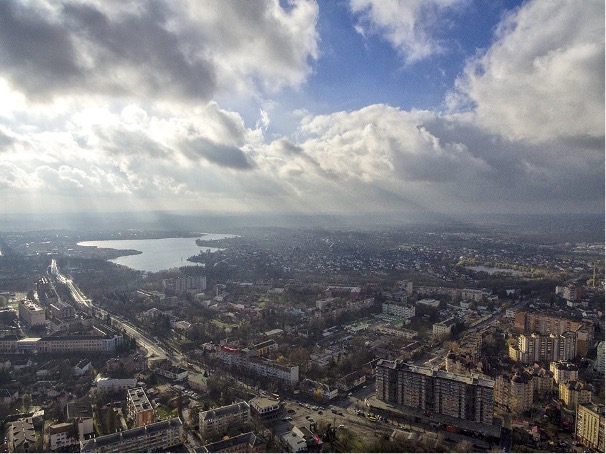Rivne's Pilot City Activity: Creating a NetZero vision for Rivne

Description of activities
Currently the city climate plan is to reduce 30% emissions by 2030. To that end, pilot activities will focus on data collection and storage:
- Through the pilot activity the aim is to organise all the data into one, regularly updated, maintained online system so it could support development of all future plans and strategies
- Once data is consolidated, the intention is to store it for modelling energy development scenarios for Rivne and decide on the path which will lead to climate neutrality
- Given the lack of skills/workforce to enable the energy transition, the aim is to develop trainings/workshops on RES deployment and EE measures addressed to students and other stakeholders (building managers of public facilities, etc.)
The pilot activities will address the following barriers:
- Quality data: different formats and no spatial association of the data
- Lack of long-term planning, including on climate neutrality ambition/awareness among local deputies
- Lack of workforce in the field due to lack of dedicated trainings on RES/EE and the existing ones do not have background knowledge on low-carbon development
It does not foresee active and broad citizen engagement, but defines particular groups of citizens who are expected to participate: scientists, professionals employed in the energy industry, students, building managers, local deputies, and local business owners.
Objective
Improve energy data management system (Municipal Energy Passport – MEP) and use it for Net Zero vision scenario modelling for the city.
Are the pilot activities building upon or part of a previous and/or existing activity?
The pilot activities build upon previous activities of the city council in 2015, such as the implementation of the “Energobalans“ system that allowed manual collection of data on energy metering via a website. Since then, the system has been improving in monitoring system and overall development of the energy management, including financing energy efficiency unit in the Department of economics. Since 2015 the Energy Efficiency unit has been conducting various capacity-building activities for public building managers on their role on energy efficiency and CO2 emission reduction, renewable energy, etc.
Which emissions domains will the pilot activities address?
Systemic transformation – levers of change the pilot activities will exploit
Stakeholder types that you would like to engage in the pilot activities
Transferable features of your pilot activities to a twin city/ies
The Municipal Energy Passport (MEP) system – an online database of energy data with different levels of access presented as a webpage.
This answer is not exhaustive and simply an indicative one.
Components of the transferable features
- The guidelines for MEP maintenance and update of energy data might be replicated in other cities to complement existing instructions and procedures. The guidelines will define what data, how it should be collected, in which way and how often
- Terms of Reference for municipal modelling energy system development scenarios and results of modelling
This answer is not exhaustive and simply an indicative one.
What does the city want to learn from twin city/ies?
- Operation of energy data systems: means and ways for data-collection and processing, approaches and experience in modelling based on the data
- Experience in developing NetZeroVision as a broad participatory process, modelling of city’s energy development scenarios, including transitioning to net zero
This answer is not exhaustive and simply an indicative one.

